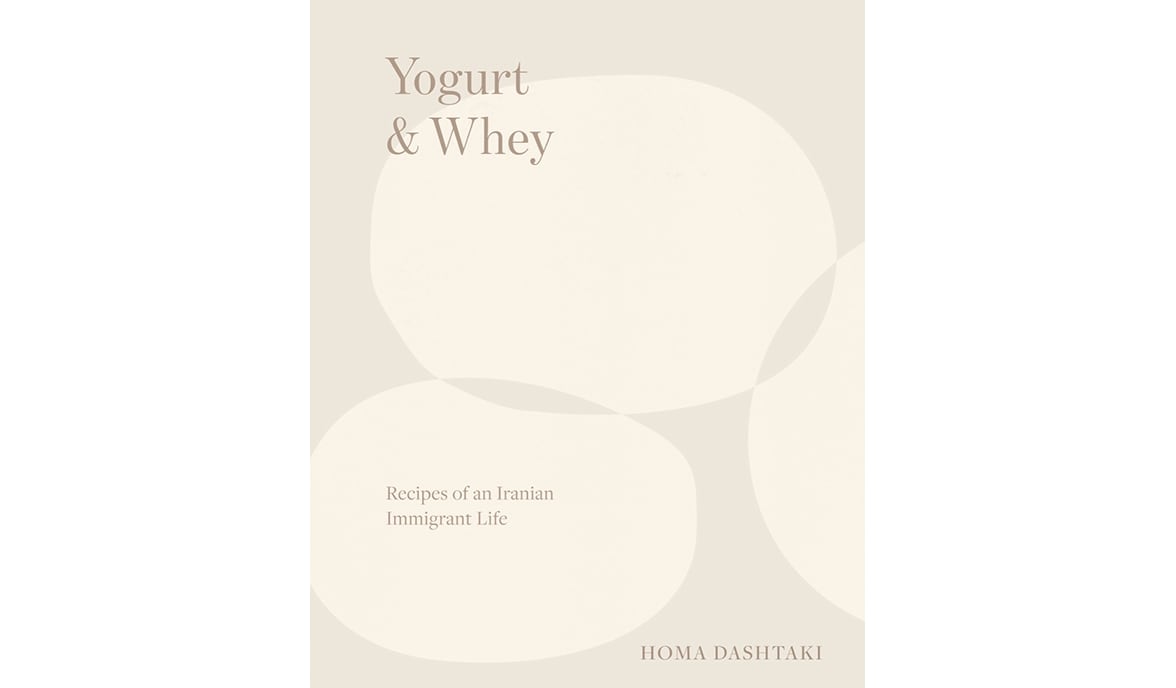I’m a huge fan of plain, full-fat Greek yogurt: so much creamier and richer-tasting than the runnier regular kind, yet lower in carbs and higher in protein. Rarely does a quart-size container in this household of two last a full week.
The thought of making it myself hadn’t occurred to me until Homa Dashtaki made an environmental case for doing so in “Yogurt and Whey: Recipes of an Iranian Immigrant Life” (Norton, $40). Here she points out that whey, the acidic watery residue that’s strained out of yogurt to thicken it, is treated as a waste product and, if it seeps into waterways, can kill fish by robbing them of oxygen.
Yet ironically, she notes, that leftover liquid is highly nutritious and endlessly versatile — in pickles, marinades, soups, breads, drinks, you name it.
Those dishes were part of her everyday meals growing up in Tehran and on visits to the desert villages of the Yzad province, where her family is from, to feel safe during the Iranian Revolution. There, she was raised as Zoroastrian, the ancient culture and religion of the Persian Empire whose customs largely revolve around respect for the seasons. Making yogurt was a quiet bonding ritual the family took with them when they immigrated to California.
After college, Dashtaki worked as a corporate lawyer, but abandoned the fast track to start a small company with her retired dad called The White Mustache, selling the old-world yogurt they made together at farmers markets while also encouraging patrons to try the whey. Now based in Brooklyn, Dashtaki continues to sell her small-batch products — including whey-based tonics and popsicles — in limited retail outlets around New York City and Los Angeles.
In writing her book, she aims to inspire us to reap the rewards of yogurt-making at home — including the bonus of whey — as a no-waste practice. She entices us with traditional and innovative ideas for using both, such as Persian Rice, Yogurt-Marinated Fried Chicken with Saffron Honey, and Raspberry-Lime Whey Sorbet.
Her goal, she writes, is not to mass-produce, but profit by staying small and true to her family’s heritage. “That is our quiet political statement.”
Susan Puckett is a cookbook author and former food editor of The Atlanta Journal-Constitution. Follow her at susanpuckett.com.
Sign up for the AJC Food and Dining Newsletter
Read more stories like this by liking Atlanta Restaurant Scene on Facebook, following @ATLDiningNews on Twitter and @ajcdining on Instagram.
About the Author

